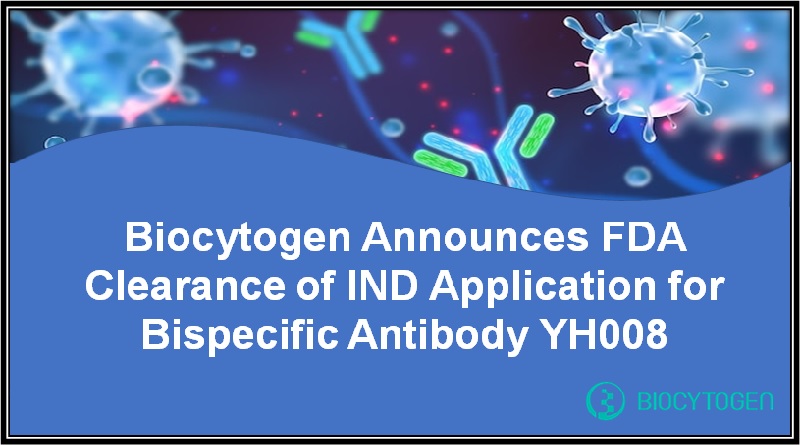The Menarini Group, a renowned international private equity pharmaceutical company private sector, and Carrick Therapeutics, an oncology-focused biopharmaceutical company that discovers and develops highly distinct therapies, today announced a clinical trial collaboration and supply agreement.
This agreement covers the conduct of a Phase 2 clinical trial to assess Carrick’s novel combination of lacestrant, an oral selective oestrogen degrader (SERD) from Menarini, and samuraciclib (CT7001), an oral and first-in-class CDK7 inhibitor, in patients with metastatic breast cancer that is HR+ and HER2-resistant to CDK4/6i. The clinical trial will be co-sponsored by Menarini and Carrick.
“We are excited to begin this collaboration with Menarini to explore the potential of samuraciclib in combination with elacestrant for the treatment of advanced breast cancer”, “Our preclinical work and previous clinical studies have validated the biology for combinations of SERD with CDK7, pointing to potential synergies when combining samuraciclib with Menarini’s oral SERD, elacestrant. This collaboration represents a shared commitment to maximize the potential of new combination therapies to improve outcomes for people living with breast cancer.”
Tim Pearson , CEO, Carrick Therapeutics
“This new clinical collaboration with Carrick Therapeutics is another step we are taking to develop the elacestrant broadly to address the unmet needs of patients resistant to CDK4/6 therapies in HR+, HER2- metastatic breast cancer”, “Menarini will continue to pursue research collaborations that have the potential to improve the lives of breast cancer patients.”
Elcin Barker Ergun , CEO, Menarini
Carrick estimates that the Phase 2 clinical study will begin in 2023. This new study will add to Carrick’s portfolio of active samuraciclib clinical trials. At the 2021 Breast Cancer Symposium in San Antonio, the business revealed optimistic findings from a clinical trial combining samuraciclib and fulvestrant.
About elacestrant (RAD1901) and the EMERALD Phase 3 study
A potential selective oestrogen receptor degrader is elacestrant (SERD). In 2018, the FDA (Food and Drug Administration) of the United States granted elacestrant a fast-track designation. According to preclinical research done before the development of EMERALD, the drug has the potential to be used either alone or in conjunction with existing medicines to treat breast cancer. In patients with advanced/metastatic ER+, HER2- breast cancer, the EMERALD Phase 3 trial is a randomized, open-label, active-controlled trial investigating elacestrant as second- or third-line treatment. 478 individuals who had previously undergone one or more lines of endocrine therapy, including a CDK 4/6 inhibitor, were enrolled in the trial. Patients in the study were randomly assigned to receive either an investigator-approved hormonal medication or the elacetrant. Progression-free survival (PFS) in both the general patient group and in those with osteogeny receptor 1 (ESR1) gene alterations served as the study’s main objectives. Assessments of overall survival (OS), objective response rate (ORR), duration of response (DOR), and safety were among the secondary outcomes.
About samuraciclib (CT7001)
The most advanced CDK7 inhibitor currently undergoing clinical development is samuraciclib. As CDK7 controls the transcription of genes that cause cancer, encourages unchecked cell cycle progression, and confers resistance to anti-hormonal therapy, inhibiting CDK7 is a possible therapeutic approach in the treatment of cancer. In early clinical investigations, samuraciclib showed a good safety profile and encouraging effectiveness. It is currently being studied in prostate cancer in addition to the aforementioned studies, with greater potential in pancreatic, ovarian, and colorectal malignancies. In order to treat HR+, HER2-, and CDK4-resistant advanced breast cancer, fulvestrant and samuraciclib have been given fast-track designations by the US Food and Drug Administration (FDA) /6i. Samuraciclib and Roche’s oral gyredestrant SERD are being tested in a unique way by Carrick and Roche in the treatment of HR+, HER2-resistant CDK4/6i metastatic breast cancer. Samuraciclib will also be tested by Carrick for the treatment of prostate cancer, where it has been established that CDK7 controls transcription, the cell cycle, and androgen receptor signalling.






